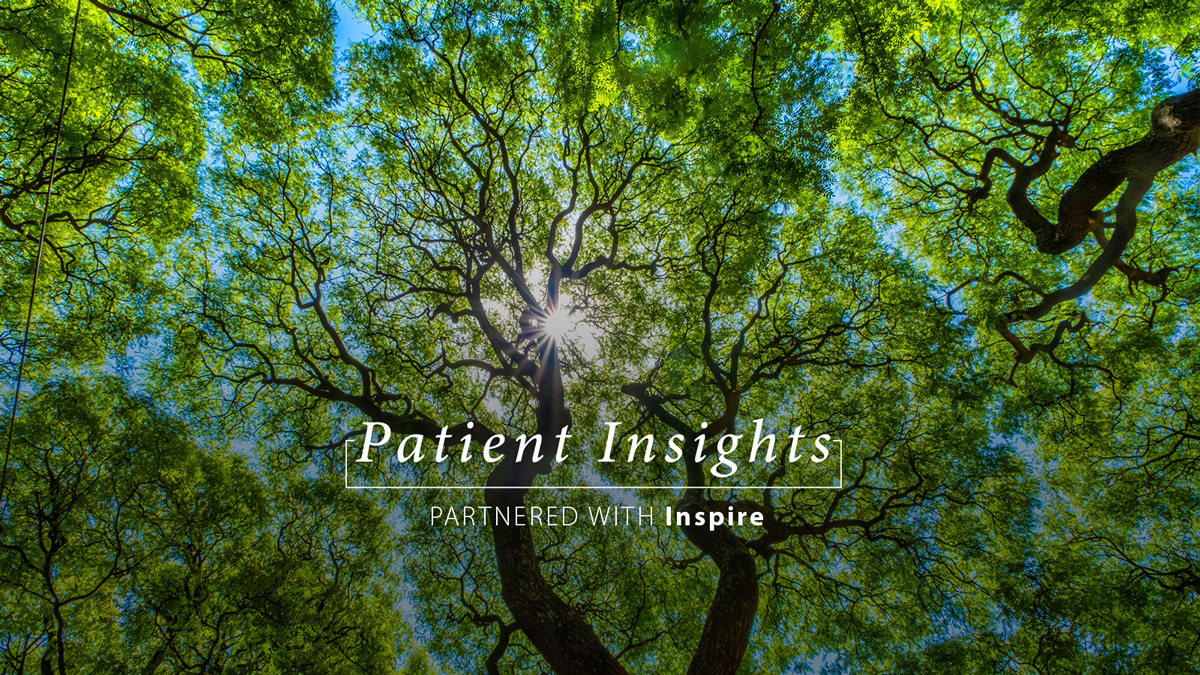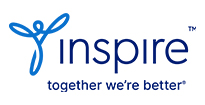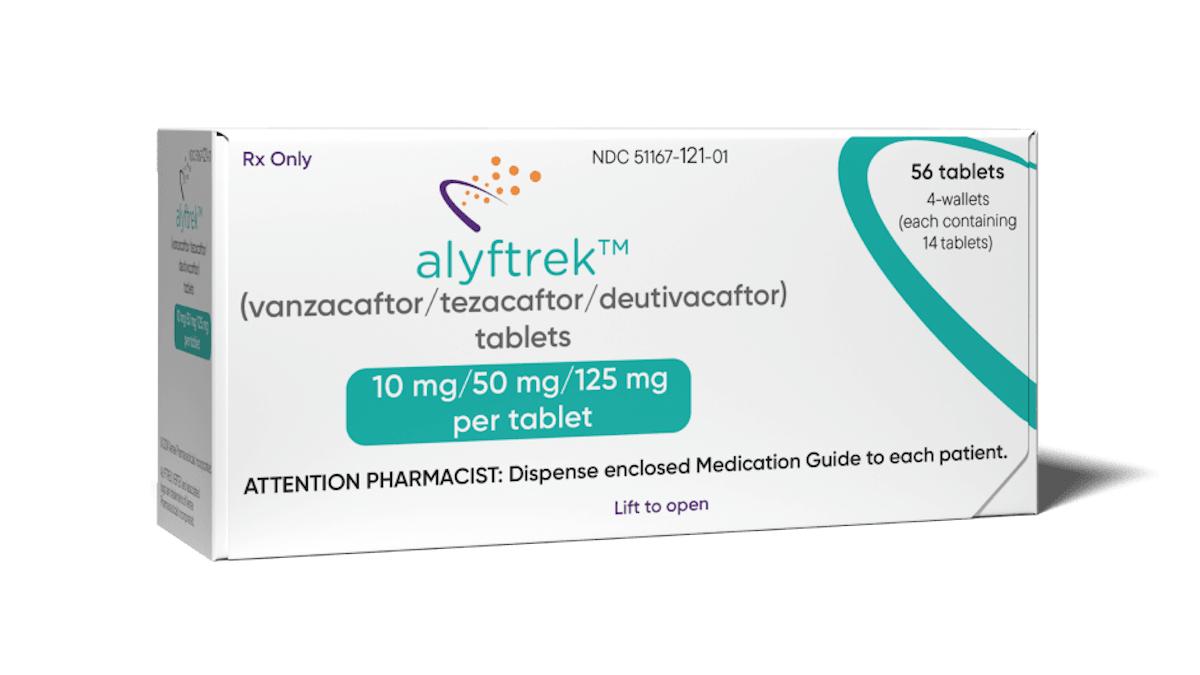Education and empowerment would provide more equal access to care

Ella Balasa says she owes her life to the experimental phage therapy she was able access in no small part thanks to her scientific background. Her mission, she told pharmaphorum, is to ensure everyone has the knowledge and power they need to navigate their own healthcare journey, no matter where they are from or what they do.
Ella, 28, was diagnosed with cystic fibrosis – a rare genetic disease which causes a build-up of thick, sticky mucus in the lungs, digestive tract, and sinuses – at 18 months old.
“This sticky mucus gets trapped and breeds infections from bacteria I inhale,” says Ella, who adds she was “terrified” of doctors as a child.
“Growing up, I had a lot of health issues and I would be in the hospital quite a bit, getting treatment for the symptoms of CF which are, primarily, lung infections. I would spend two or three weeks at a time in hospital on antibiotics.”
As Ella got older, her fear of doctors subsided, but her infections only became more severe.
“The bacteria become more resistant to antibiotics and that makes them harder to clear. I have lost a lot of lung function because the cycle of infection and inflammation has deteriorated the lung tissue,” she says.
Then, in 2018, Ella developed an infection that would not respond to treatment and was told her lung transplant was her only option.
“Phage therapy uses a specialised virus to kill specific antibiotic-resistant bacterial strains. Once inhaled into the lungs, the virus sets about binding to and inserting its own DNA into the targeted bacteria. This interrupts replication patterns and, ultimately, kills the bacterium.”
“The antibiotics I was taking intravenously were not helping at all. I was really sick. I needed oxygen through a nasal canula constantly, even in the shower. I had frequent fevers and my lung function was at just 18%.”
Experimental therapy
At this point that Ella, a microbiologist by trade, applied for compassionate use of an experimental treatment she had been aware of for a few months.
Phage therapy uses a specialised virus to kill specific antibiotic-resistant bacterial strains. Once inhaled into the lungs, the virus sets about binding to and inserting its own DNA into the targeted bacteria. This interrupts replication patterns and, ultimately, kills the bacterium.
It works best when used in conjunction with antibiotics – the act of repelling the virus makes the bacteria more vulnerable to antimicrobial agents, effectively providing a two-pronged attack.
 While phage therapy is not currently approved by the FDA, Ella felt she had no choice but to try it.
While phage therapy is not currently approved by the FDA, Ella felt she had no choice but to try it.
“Compassionate use is implemented as a last resort, before it gets to end of life,” she said, adding that the treatment consisted of one dose a day for a week.
“People might say its experimental, we don’t know the risks, but I was in a position where I had nothing to lose. I knew no antibiotic was going to work.”
Recovery was a slow process, but the combination of phage therapy and yet another type of antibiotic started to clear the infection.
“I was elated. It was an amazing time, and though I was still really weak, I wasn’t having the acute symptoms. I was able to breathe and I was able to walk around.”
A few months later, Ella also successfully applied for compassionate use of Trikafta, a breakthrough therapy for cystic fibrosis approved by the FDA in October 2019.
“That has really transformed my health state. I have more stability than I have ever had. I still get infections, but I can use antibiotics and they have more of an effect.
“I just don’t get the sheer volume of mucus build up I used to. I still use oxygen when I am sleeping or exercising, but I can deal with that.”
Inside knowledge
Ella, who is co-director of a CF non-profit the US Adult CF Association, said her scientific background had put her in a position to understand the research and map out the best route – but she believes everyone should have the same opportunity.
“Something I advocate for is empowering and educating patients, giving them the tools and understanding to be able to pursue the science and the research.
“A lot of that starts with the physician. They have the relationships with people and people trust them. I think they should encourage patients to look into things and come back with questions.”
People may feel intimidated by what they perceive to be the physician’s superior knowledge, but they should remember that they are the experts on their own condition, Ella said.
Advocacy groups also play a vital role in providing people with the evidence-based information they need to make informed decisions, she said.
Since the COVID-19 pandemic closed and then restricted access to her laboratory, Ella has been focusing more on her advocacy work.
Through the CF non-profit, her own website and advocacy work, and writing for publications from the Huffington Post to STAT, Ella hopes to help embed the patient voice in research.
“It’s so important because that is the only way new treatments will be tailored to patients, their priorities and their needs,” she said.
About the author
Amanda Barrell is a freelance health and medical education journalist, editor and copywriter. She has worked on projects for pharma, charities and agencies, and has written extensively for patients, healthcare professionals and the general public.
 Patient Insights is a monthly series that appears in partnership with Inspire, a company with an online support community of more than 2 million patients and caregivers worldwide.
Patient Insights is a monthly series that appears in partnership with Inspire, a company with an online support community of more than 2 million patients and caregivers worldwide.












